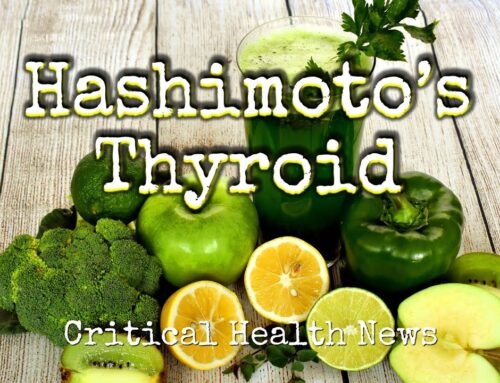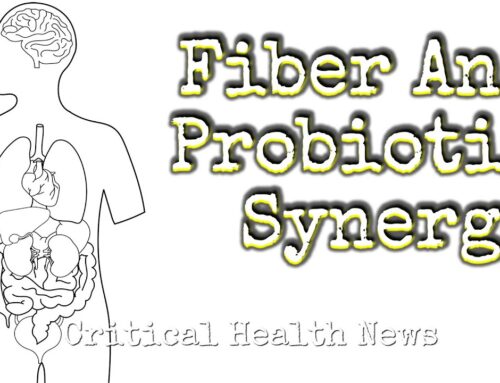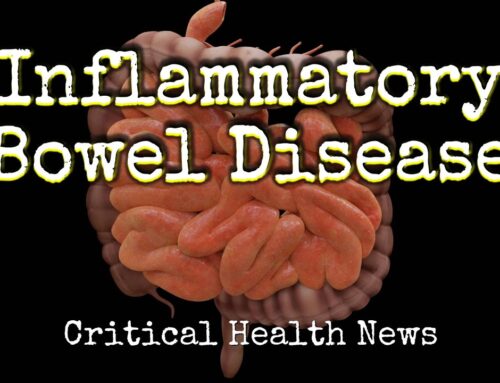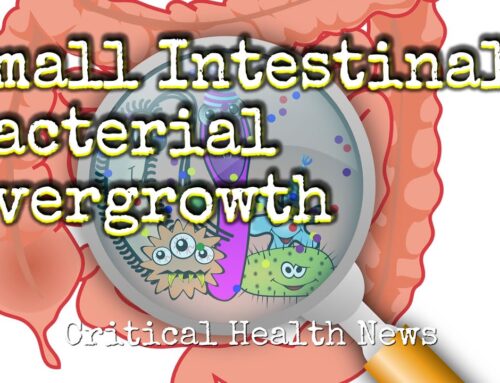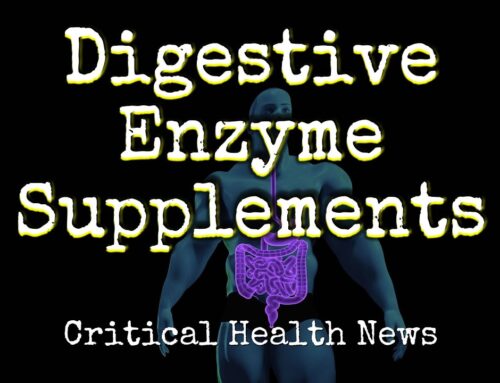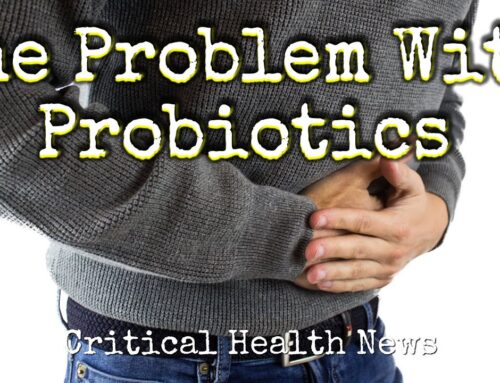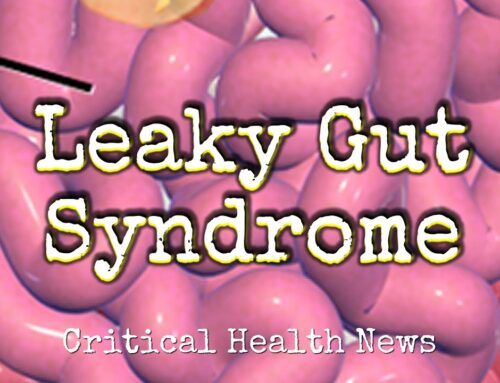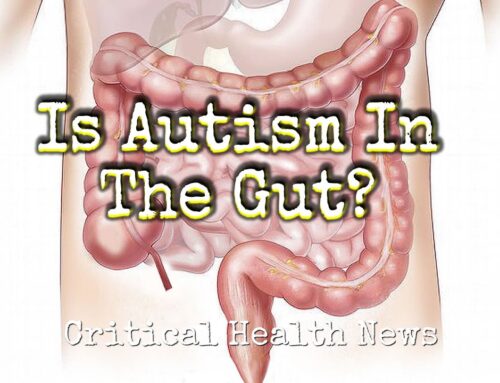When most of us think about supporting the health of our gut bacteria, we tend to think about probiotic supplements, fiber and digestive enzymes. Some people are aware of the fact that fermented foods like yogurt, miso, sauerkraut and beets can also be helpful. What’s often missed however, is the fact that many of the same mighty 90 essential nutrients that we need to stay healthy are required by our gut bacteria and when we take supplements these bacteria are benefiting too.
One of the most important of these supplemental nutrients is vitamin B1 or thiamine, which plays a major role in helping cells. All cells produce energy from sugar. Lack of thiamine impairs the production of cellular energy and when it’s lacking, all organs and organisms are compromised.
Thiamine deficiency disease, called “berry, berry”, which is Swahili for “I can’t, I can’t”, is an illness that shows up as fatigue, poor immunity and depressed ability for organs, like the heart and brain, to function effectively. Many alternative healthcare professionals believe that it’s associated with dementia, cardiovascular disease and diabetes.
For bacteria, B1 deficiency manifests as an impaired ability for them to do their job digesting food and producing valuable biochemicals, as well as a reduced ability to proliferate. What all this means is thiamine supplementation can, not only support the health of “we humans”, but also the health of the all-important intestinal microbiome too. Thiamine is readily available alone in multivitamin supplements and in most foods especially veggies, eggs, dairy and meat.

